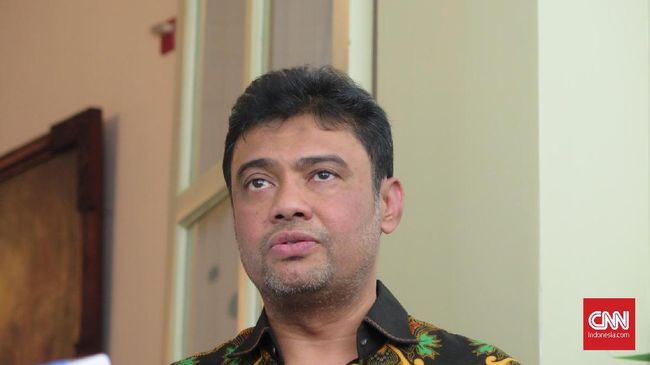By Margot Nicodemus
Published on 12 Oct 20 at 7:08
–
–> –
–
The People with Disabilities are also among the vulnerable groups facing theCovid-19 epidemic, and Christine Colange knows this all too well. She is the mother of Valentin, her “little man” as she calls him, “administratively 28 years old”, but who actually needs as much attention as a child. Valentin has multiple disabilities, both physically and mentally, and is currently enrolled in an adapted establishment: the Maison de l’Arred (Mas), in Bois-Guillaume, near Rouen (Seine-Maritime).
Respiratory diseases in the past
Except that Valentin has not been going to this school for disabled adults since the end of February 2020. His parents made the choice to “protect him from the Covid” and, thus “to keep him at home as a precaution”. All the more so since the young man has already suffered from respiratory diseases on the one hand, and resorts to physical contact to reassure himself, on the other hand.
At the beginning of March, I had a bad feeling: I told myself that we did not know where we were going [avec l’épidémie]. Valentin had pneumonia and pleurisy, and is under stress. For example, he takes the hands of the Mas staff when he is very stressed. And of course, he can’t wear the mask.
However, what she sees as a way to preserve her son, the management of Mas considers it simply as absenteeism. In a letter that she did not expect, on October 5, the mother of the family was reminded that “any absence must be justified by a medical certificate”.
However, Christine Colange made it a point of honor to leave her home as little as possible with her child, and did not envisage medical consultations either.
Houses crumbling under demands
In the letter, the direction of the direction is straightforward: either Valentin returns to the structure before October 30, 2020, or “unfortunately he will no longer be able to be part of our workforce”.
The reasons for such an approach, violent at first glance, can in fact be explained. The director of Maison de l’Arred, Olivier Ponin, says he understands the family’s concerns, but also is subject to constraints. The first is that of having to meet the needs of families who are on the waiting list. “It’s a long journey to integrate the institution. It can take a year, two years, depending on the situation. In the case of Valentin, I have no visibility of the deadline for his return. »Segundo, the structure has a contract with the Regional Health Agency (ARS), which finances it 100%, and must maintain a certain occupancy rate.
At first worried by this way of doing things, Christine Colange contacted the Departmental House for the Disabled (MDPH). He was advised to remove Valentin from school, before offering him a more suitable solution. “The MDPH told me that there were many of us in this case. I will therefore redo a PCH file [Prestation de compensation du handicap, ndlr], which will be treated within 4 to 6 months, so that a caregiver can come and assist Valentin at home ”.
La Rouennaise, understanding, decided to give up the place occupied by Valentin to another adult in need. “I don’t work, which is not the case for all parents of adults with disabilities. I wanted to get confirmation that the MDPH wouldn’t abandon me, and I got it. “
–

